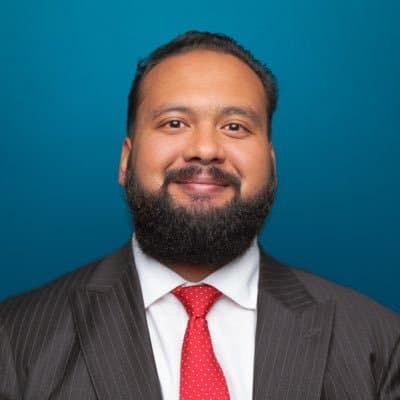Tweet Highlights Concerns Over 'Poverty Porn' and Exploitation in India

Anang Mittal, a prominent social media voice, has ignited a discussion regarding the ethics of content creation in impoverished regions of India, specifically highlighting what he terms "poverty porn." Mittal's recent tweet detailed an observation of an individual haggling over a 1000 Rupee ($12 USD) daily rate at a hostel for migrant workers, suggesting that such practices exploit vulnerable populations for financial gain. The tweet stated, > "Lotta money to be made by going to the poorest parts of India and selling poverty porn. I saw a guy go to a cheap hostel for migrant workers and start haggling over 1000 Rupee rate, that’s 12 dollars a day."
The term "poverty porn" generally refers to media that exploits the poor's condition to generate sympathy for various causes, often criticized for its exploitative, objectifying, and manipulative nature. This practice strips individuals of their dignity, perpetuates harmful stereotypes, and can reduce complex socio-economic issues to simplistic, sensationalized narratives. Critics argue that it often benefits the content creator or organization more than the subjects themselves.
Migrant workers in India frequently face precarious living and working conditions, characterized by low wages, inadequate housing, and limited access to basic amenities. Many reside in informal settlements or cheap hostels, making them particularly susceptible to exploitation. Their daily struggles often become subjects for content creators seeking to document or sensationalize their plight.
The ethical considerations surrounding content creation in impoverished communities are a growing concern. Guidelines from organizations like the Ethical Storytelling Project emphasize the importance of consent, dignity, and accurate representation, urging creators to avoid perpetuating stereotypes or exploiting individuals for views or profit. Responsible storytelling aims to empower subjects and provide authentic narratives, rather than reducing them to objects of pity or curiosity.
Mittal's observation underscores a broader debate about the responsibility of content creators and the potential for financial gain to overshadow ethical considerations when engaging with vulnerable communities. The incident highlights the fine line between raising awareness and exploiting hardship for personal or commercial benefit.